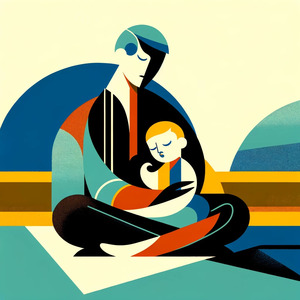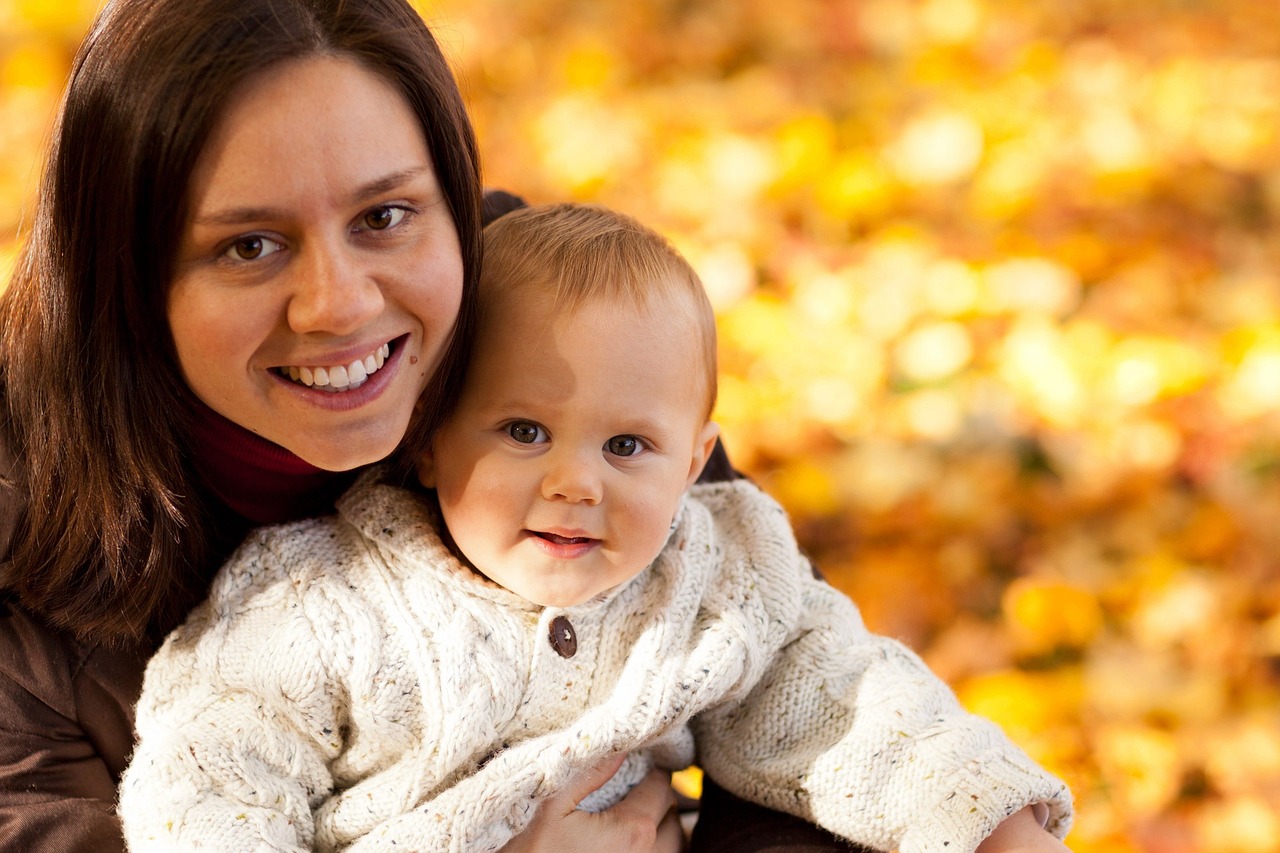
A take on psychology
I would like to share something of my take on human psychology, and how this applies to children. This is not the outcome of scientific research, nor is it stated as a truth. It is more a metaphor for life – one bourne of lived experience, and coming out of my own explorations within meditation, and seems to explain something of how we humans experience life.
Imagine a child, as yet unborn. It is living in a relatively consistent space, always surrounded by warm fluid – the familiar sound of its mother’s beating heart always nearby.
Then, all of a sudden (well, a sudden in relative terms!!), it finds itself spat out, with cold air rushing into its lungs. This will come as a shock. Not only that, it now gets cold, it gets hungry. It doesn’t understand what is happening. Then it is offered milk, or it is swaddled, and suddenly it feels reassured. And thus its life proceeds.
Whilst life has the potential for great success and happiness, which I am in no way trying to deny, there is also a sense in which we all live with an existential “oh my God!” or other less polite expressions. What on earth is going on here, and what on earth am I supposed to do about it? Why am I here on this planet?
What I am suggesting here is that children will feel this same existential angst, just like adults, although they will be even less well equipped to deal with it than we are. What this means is that a lot of distress, misbehaviour, etc, can be viewed as being an expression of an existential “Oh my god!”. The positive side to this is that, as a child we want reassurance, and it is our parents that have the capacity to give that to us. So when our child is experiencing an OMG moment (stropping, screaming, tantruming, complaining, etc), the best thing we can often do is simply recognise that this is just a part of human life, and focus on being there for them. Especially if we are facing this in our own life and meditation, we can then model this “being with it” to our children, so that they can grow up into adults who are able to hold the fact that life has within it some fundamental contradictions.
The intent of this perspective that I have described is not to assert its truth or otherwise. It is rather to help us form an attitude towards our children that allows us to accept and understand why they may sometimes act in ways we don’t like, to let go of responses that are critical, prescriptive and judgemental and to help us form new responses to them that are supportive, loving and caring.
Being somewhat more theoretical about this: the human brain is wired for survival. Avoiding risk is much more important for survival than the experience of pleasure. Thus, the human brain is optimised for noticing the unpleasant. It takes particular effort to learn to observe the pleasant as well. Thus, this story describing live as unpleasant. It isn’t unpleasant, per se, it is simply that that is the aspect of life that our brains are most naturally wired to notice.






